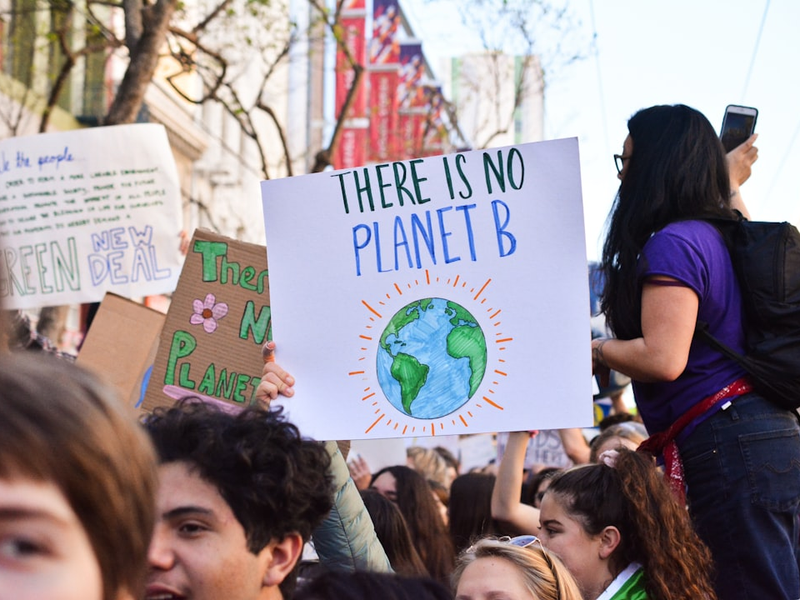Climate Crisis: Global Court Says Inaction Could Be Illegal

In a groundbreaking decision that could reshape global environmental policy, the International Court of Justice (ICJ) has declared that countries failing to combat climate change might be violating international law. The unanimous ruling from the UN’s highest judicial body signals a potentially transformative moment for climate accountability.
The court’s advisory opinion, which stems from a case initiated by students from Vanuatu, a Pacific island nation vulnerable to climate impacts, establishes that a “clean, healthy, and sustainable environment” is a fundamental human right. This interpretation elevates climate action from an environmental issue to a matter of justice and fundamental rights.
While not legally binding, the opinion could significantly influence future international legislation and litigation. As of June 2024, nearly 2,967 active climate change lawsuits existed across almost 60 countries, with over 226 new cases initiated that year alone.
The ICJ emphasized that countries have a duty to prevent activities under their jurisdiction from adversely affecting the environment. This obligation extends to the entire international community, meaning that greenhouse gas emissions aren’t just an environmental problem, but a potential legal liability.
The court’s analysis considered multiple international treaties, including the UN Charter, Paris Agreement, and Universal Declaration of Human Rights. It concluded that states must act with “due diligence” to protect the climate system, and those found in breach could face legal consequences including stopping unlawful conduct and providing reparations.
For vulnerable nations like Vanuatu, this ruling represents a significant victory. It acknowledges that climate change impacts aren’t just environmental challenges, but threats to fundamental human rights like access to water, health, housing, and family life.
As climate litigation continues to grow, this ICJ opinion could become a pivotal moment in holding major greenhouse gas emitters accountable for their environmental impact. The message is clear: climate action is no longer optional, it’s a legal imperative.
AUTHOR: tgc
SOURCE: Wired
























































